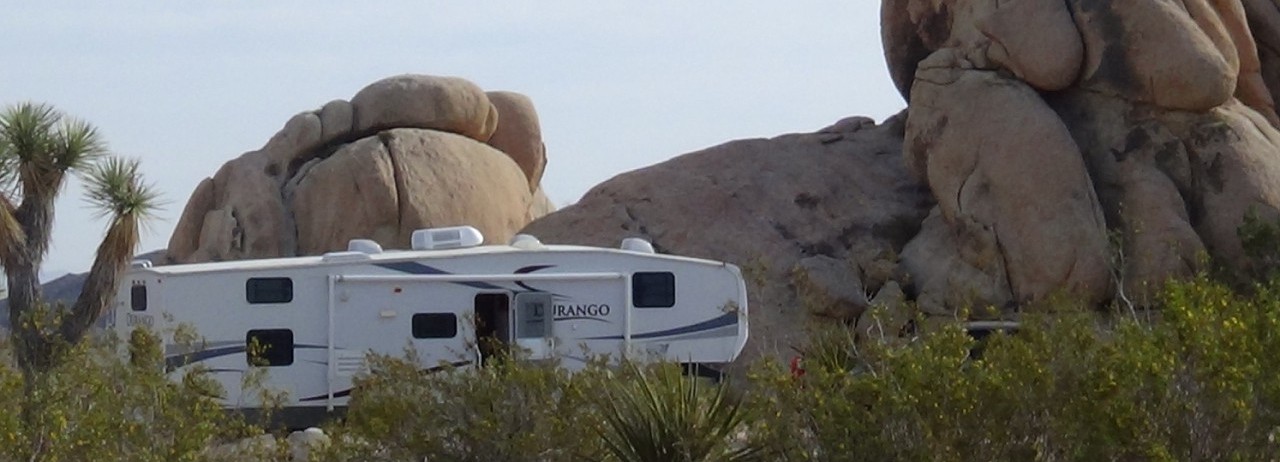We were somewhere between Fredericksburg and Kerrville whirring past peach stands and clusters of Mexican hat, golden wave, and firewheels. The Hill Country was sucking us in as it did the Johnsons, the Bunions, and everybody since. “You know, white boys can’t control it,” Boy George and Culture Club crooned on the tape. “You know, white boys never hold it.” I thought of settlers bolting into this country across the ninety-eighth meridian. “These were men who fled the furnishing merchant,” Robert Caro has written, “who furnished the farmer with supplies and clothing for the year on credit, and the crop lien, which the merchant took on the farmer’s cotton to make sure he ‘paid out’ the debt. And they fled the eroded, gullied, worn-out, used-up land of the Old South.” In the Hill Country they found lush meadows of stirrup high grass and low mountains rising into a clear, clean, sapphire blue sky. Continue reading
Monthly Archives: May 2015
Part-time for You and Part-time for Me
Most people know that our schools use language strangely, especially in their use of obfuscation and euphemism. During the last four years that I have been at Austin Community College trying to teach my students grammar, I have also been trying to teach myself the meanings of all sorts of curious words and phrases that I had never heard or seen before. For instance, I teach full-time in a division called Parallel Studies, euphemism for developmental studies. Developmental studies, for those who do not know, is a euphemism for remedial studies. Austin Community College also has a Learning Resource Center, which is what most of us call a library. Learning the dozens of strange words floating about the college almost requires a workshop with hands-on material. Yet all of these words are necessary, we are told, to emphasize the new directions community colleges are taking. Continue reading
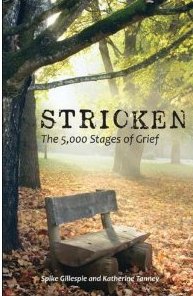
The Stuff of Dreams
I hate moving. First, there are the books. I don’t know how many, a few thousand, I guess. To me, a writer and English teacher, the quantity does not strike me as anything really totally outrageous, but it’s enough that movers give me an unenthusiastic stare when we do the walk through for the bid. “Are all these going?” I say, “Yep,” and spare them the story of my life, the interests, the hobbies, the career moves, the failed career moves, the fulfilled and unfulfilled dreams and desires that these books represent. Continue reading
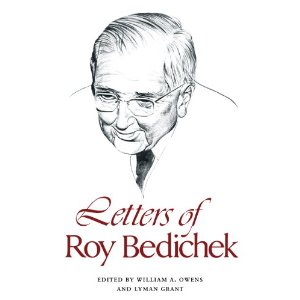
Saturday Mornings with Roy Bedichek
I had just turned six when he died, I in Birmingham, Alabama, he in Austin, Texas. But somehow we have denied space, time, and even death to become friends. I never met Roy Bedichek, never sat with him at Conversation Rock, and never corresponded with him. Still he has influenced me more than all but a few living men. Continue reading
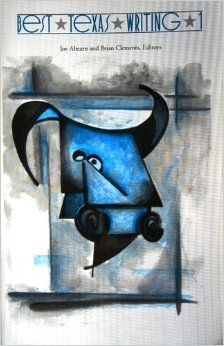
Searching the Parking Lot for a Poem
Though I’ve been silent several months,
I might now write about a man
and a woman in a parking lot.
This parking lot is very large,
acres, and there are but few cars
huddled beneath the scattered trees,
like cattle in western Kansas. Continue reading
Stripping It Bare, Concerning “Searching for the Parking Lot for a Poem”
This poem was published in Sulphur River Review. And the publisher of Sulphur River Review submitted it for a contest, without telling me, and it was chosen for an anthology published in Dallas named Best Texas Writing. This poem and Found Things are the two that have gotten the best attention. [I find it important to note that the notice they have received is pretty tiny compared to great American poems or even good contemporary poems, but I am grateful anyway. And these kinds of things keep me wanting to write better.] The story of the poem is simply that I was in a failing marriage and a woman was in an unhappy marriage and we met. I read my poems at an event and she attended and when the event was over I walked her to her car. She went to her home and I went to mine. About two months later I wrote this poem. The first line came from the fact that I had not written a poem for about a year since “Found Things.” “Though I’ve been silent several months” sounds better than “Though I haven’t been writing poems for a year.” Continue reading
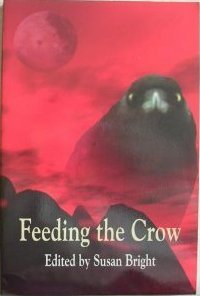
Late Night
So a man drives around late at night
avoiding all the streets that lead home.
He knows lights are still on
that those who love him
are gathered round the table
talking, wondering what could have gone wrong. Continue reading
The Light through the Peaks
1.
One night your wife won’t turn to you
through the dark and you start
a war in another country.
Bombs go off in your father’s arms;
The light is immense but you must look. Continue reading
The Deep Image, Concerning “The Light Through the Peaks”
There were a group of poets in the last fifties that were concerned with what they called the “deep image.” Their ideas grew from the work of Sigmund Freud and Carl Jung, whose work was still relatively new. The proposition is that there are images—pictures of things put into words—that are deeply embedded in the human psyche. Freud approaches these images through dream analysis. Jung approached them through what he called the collective unconscious. Nowadays, in places like Austin, we are very familiar with these concepts. Jung focused on archetypes, the base, foundational concepts of energy and behavior that are often found in myth. Think of things like a flood, a desert, a king, a ring, a virgin, a sword, a warrior. The deep images are a bit more primal than other images, like say, a steering wheel, a computer, or an accountant. Continue reading
Found Things
I stumble from room to room
lost like a young wild boy
whose pockets once were stuffed
with marbles and frogs,
foreign coins and knotted string,
a pocket knife and an empty
silver locket, but now has
discovered his clothing empty. Continue reading
